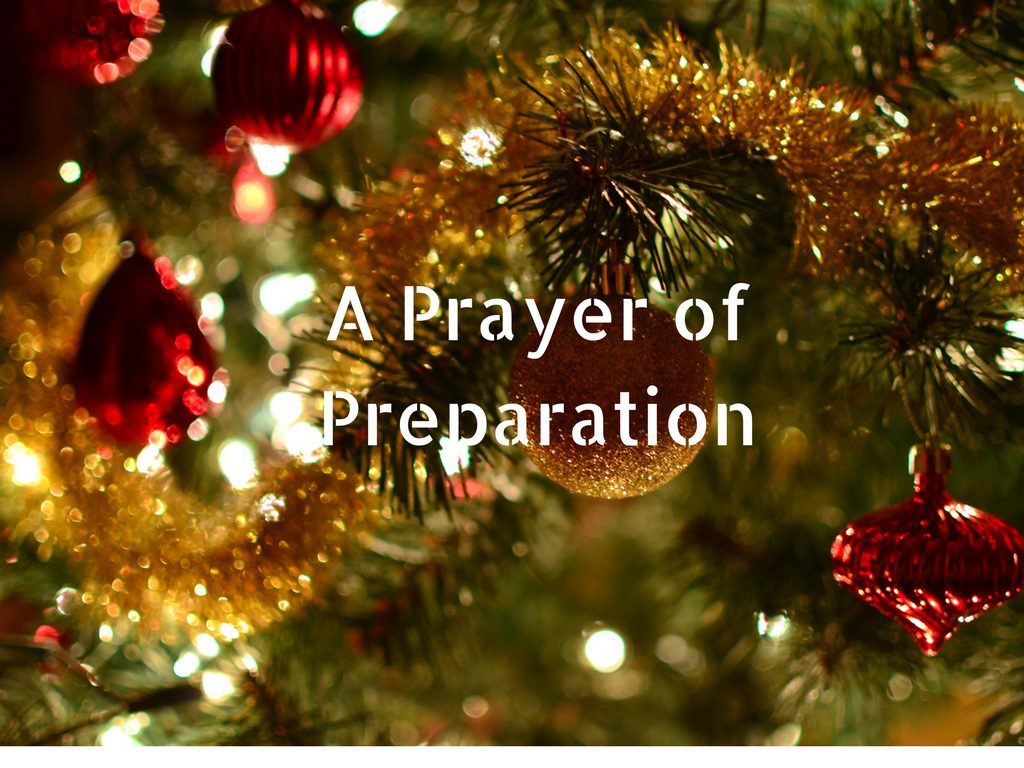The Theology of Forgiveness
Someone asked me this week how I ended up remarried after divorce in light of biblical teachings.
My response started with Deuteronomy 24 where Moses specifically allowed divorce so that women could remarry. I went on to Malachi 2 where God talks about the cruelty of men to their wives which ultimately leads to divorce, another time where God was taking up for the vulnerable and oppressed women. I went on to Jesus’ words where He said except for marital unfaithfulness and talked about how God was saying not to throw away your marriage for any stupid reason as was the custom of the day. I shared how the CEB version of 1 Corinthians 7 explicitly says it is not sin to remarry. I talked about David and Bathsheba and how God chose to use the son born of their relationship–a relationship that began with adultery–to build the kingdom of Israel and of God. And of course, there’s also Rahab, the prostitute in the lineage of Christ. It’s highly likely she was divorced or a widow which is what drove her to prostitute herself so she could survive.
I could go on. There are multiple “theologies” on divorce and remarriage, many of which hold that you must remain celibate after divorce. However, these are interpretations of scripture, man-made attempts to explain what our Holy God meant by His word. These explanations contradict one another so they can’t all be correct. We can dig into the ancient texts, attempt to understand the literary and cultural context, and make our best attempt to explain what God meant. Ultimately, though, we are still attempting to understand God whose thoughts are higher than our thoughts, whose ways are higher than our ways.
As I walked through the conversation with my friend, I landed on an important concept I had not included in my conversation: my theology of forgiveness.
I’ve always said the problem with some of our interpretations of scripture is a failure to take the whole of scripture into account. We can’t divorce God’s character from our interpretations. We can’t leave out mercy and grace when we interpret scripture. And we really have to dive into the truths about forgiveness to accurately build an interpretation of divorce and remarriage.
Having said that, what do you believe about forgiveness? Here’s what I believe:
Jesus was the ultimate sacrifice for our sins. God always used blood as a sacrifice, and Jesus’ death on the cross was the final and complete and perfect sacrifice. The blood of Jesus washes away our sins, fully and completely.
There is no sin too great for Christ’s blood. No matter what we’ve done, it has been made clean by the sacrifice on the cross. Our lies. Our pride. Our greed. Our divorces. Our adultery. Our addictions. Everything we’ve ever done to hurt our Savior. It’s all washed away at the cross.
God gives us mercy and grace. Mercy is the gift of not receiving what we deserve, the punishment for our sins. Grace is the gift of what we don’t deserve, the blessings that come from the goodness of God. Forgiveness crosses both those lines.
We deserve death for our sins, all of them. Again, it doesn’t matter what the sin. We have failed to be holy, to live up to God’s standards. For that, we deserve death but mercy removes the penalty. There are also things we don’t deserve. Forgiveness in itself is a gift of grace, receiving something so beautiful that we never could earn on our own, that we never deserve. But, it is freely ours if we will only accept that precious and priceless gift.
Our sins are remembered no more. And there’s the key. When God forgives, He takes our sins and removes them as far as the east is from the west. How far is that? There is no end to the distance between the east from the west and therefore there is no end to how far God removes our sins.
And even more, He remembers them no more.
This is the covenant I will establish with the people of Israel
after that time, declares the Lord.
I will put my laws in their minds
and write them on their hearts.
I will be their God,
and they will be my people.
No longer will they teach their neighbor,
or say to one another, ‘Know the Lord,’
because they will all know me,
from the least of them to the greatest.
For I will forgive their wickedness
and will remember their sins no more.” Hebrews 8:10-12
You see, because of forgiveness, we are justified before God–we are made “just-as-if-I’d” never sinned. In God’s eyes there’s not even an ounce of our sin left, no remembrance of anything we’ve ever done.
If your agree with the theology of forgiveness, then grapple with something else. We can agree that God forgives all sin–no exceptions. The murders. The adultery. The pornography. The addiction. The pride. The anger. The bitterness. All of the secret sins we harbor within our hearts. He forgives.
Does He forgive divorce?
Most people would quickly say yes, of course He forgives divorce! Does He forgive divorce as fully as all other sins? Does he justify the divorced–make them “just-as-if-I’d” never been divorced?
If our theology of forgiveness says our sins are wiped away completely and forgotten, if we are made just-as-if-we’d never sinned, why do we still bear the burden of our divorces? Why do some theologies hold that we are penalized by being forced to live celibate for the rest of our lives? Aren’t we negating the gift of forgiveness? If God sees us as if the divorce never happened, don’t these man-made interpretations fly in the face of God’s explanation of forgiveness?
I don’t even start to say I fully understand God’s ways. What I do know is that after many hours of praying and searching scripture and getting alone with God, I found complete peace with remarriage in light of my divorce. And, I believe my husband is most definitely a gift from God, a portrait of the redemption God planned for me.











I thought of the verse that says it’s better to marry than to fall into sexual temptation.